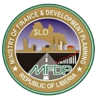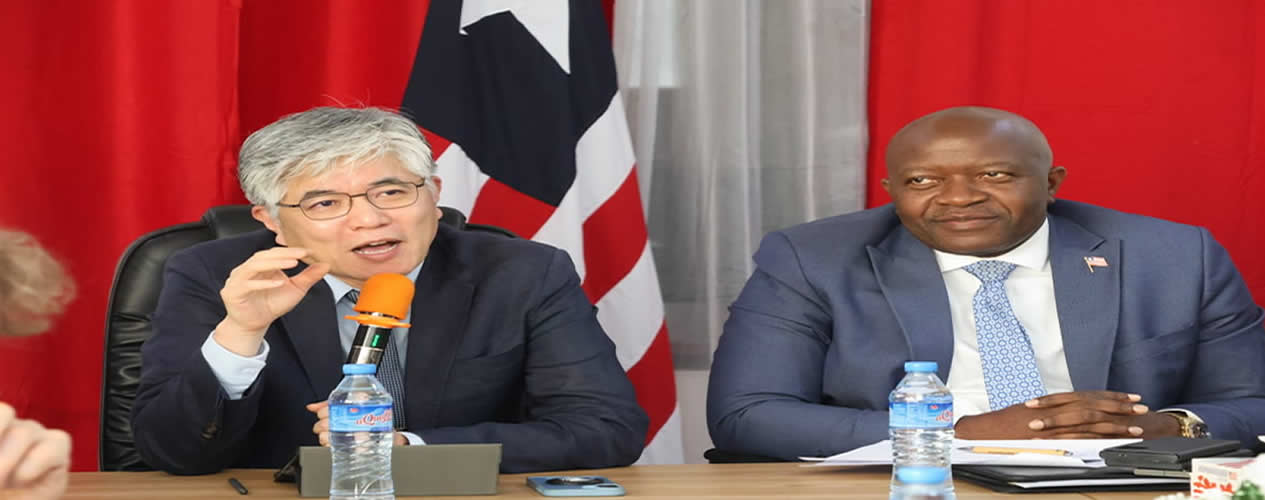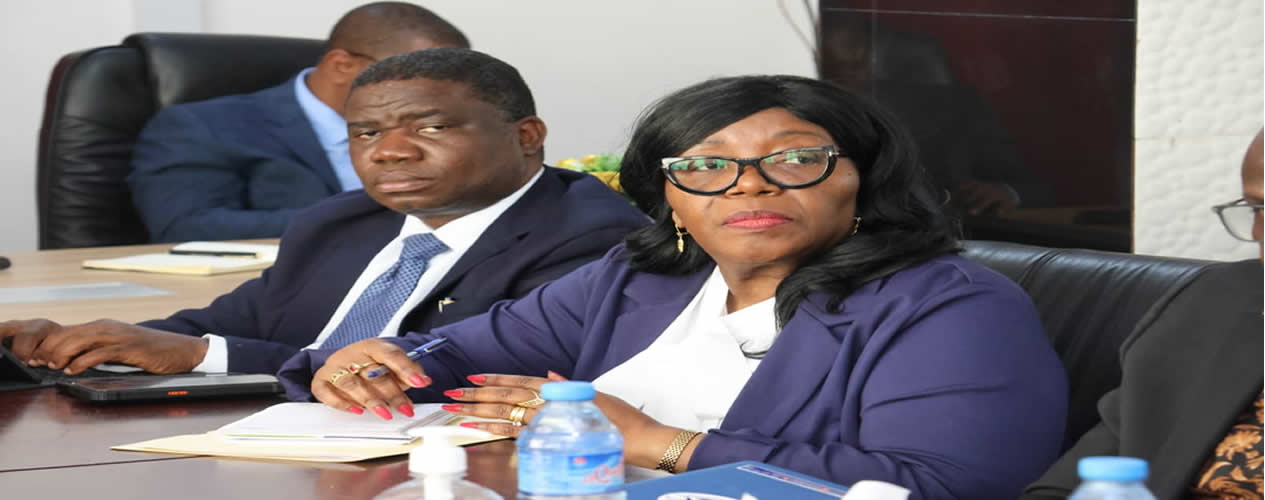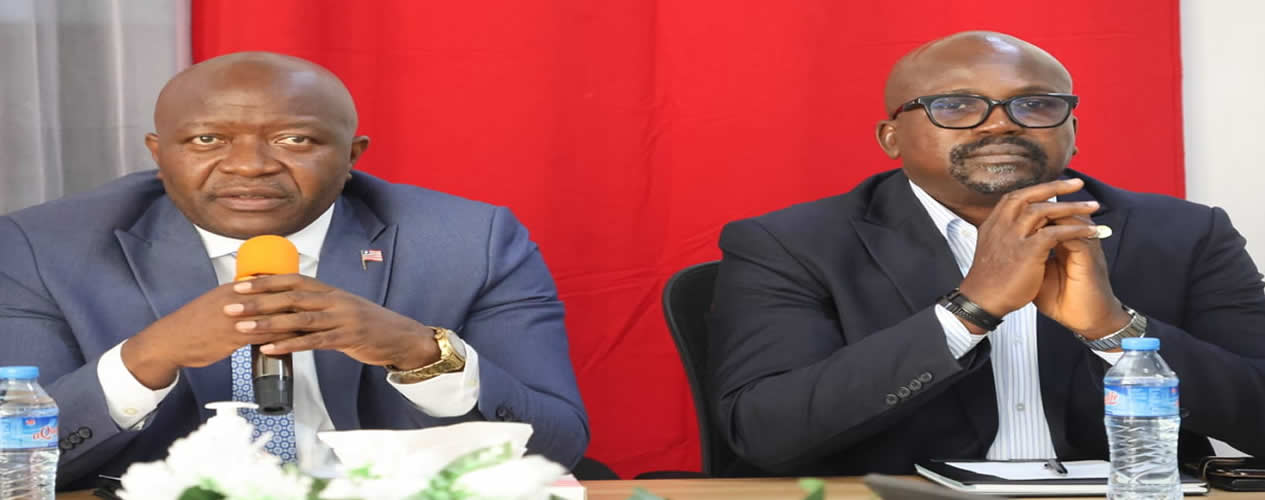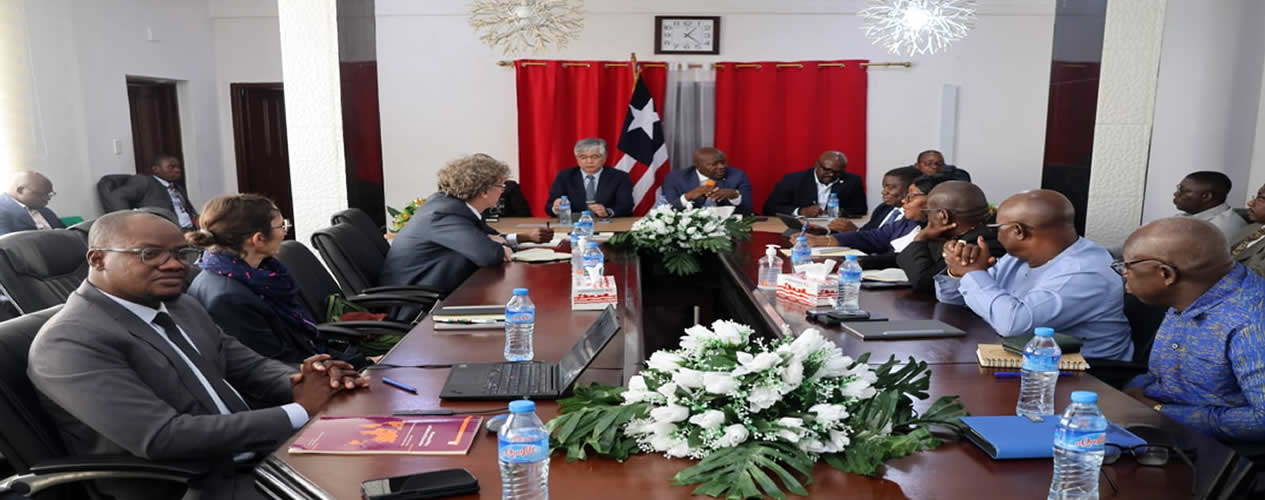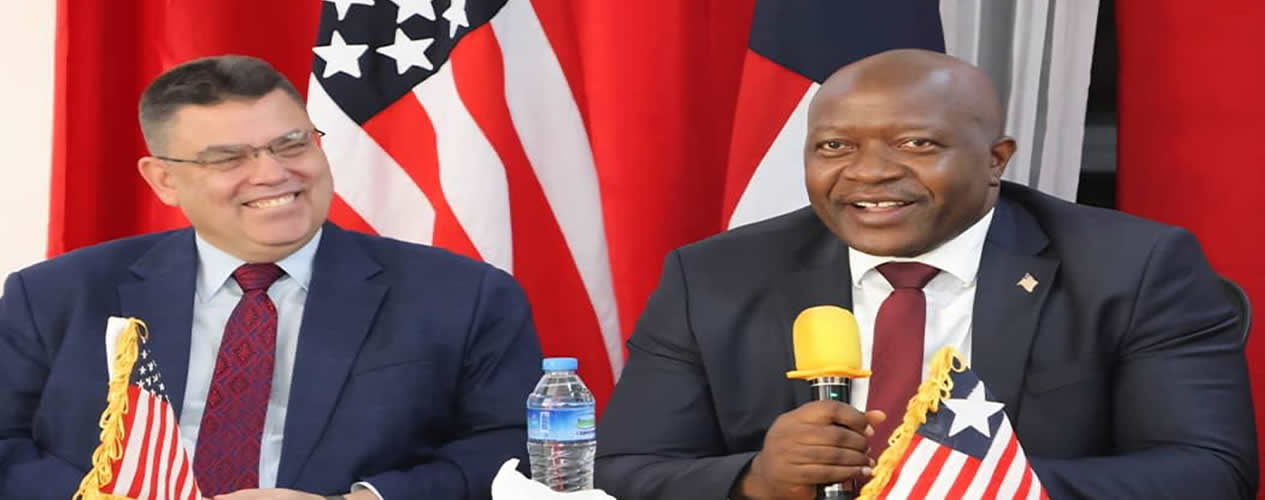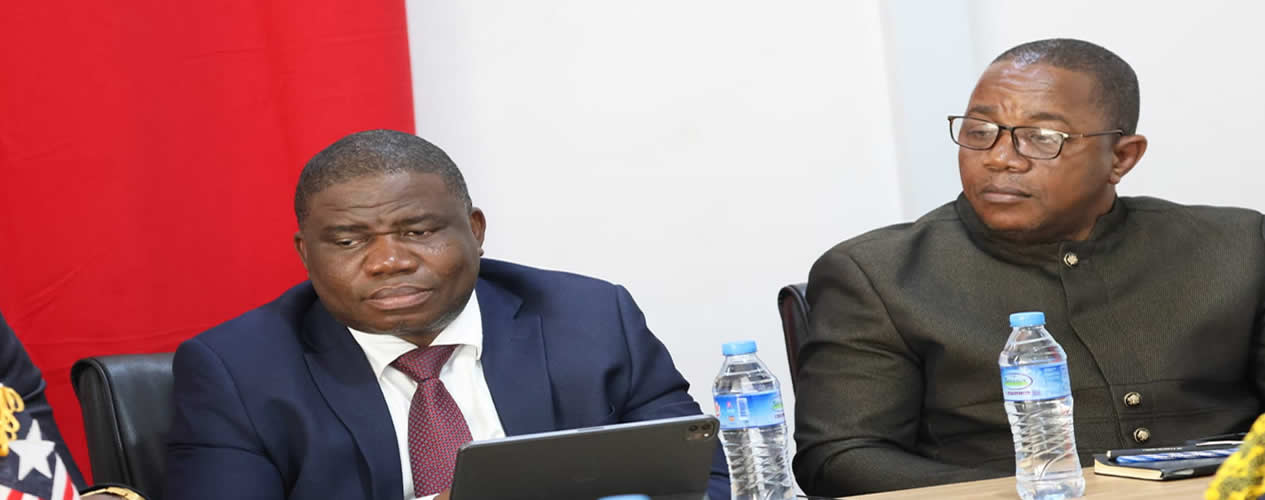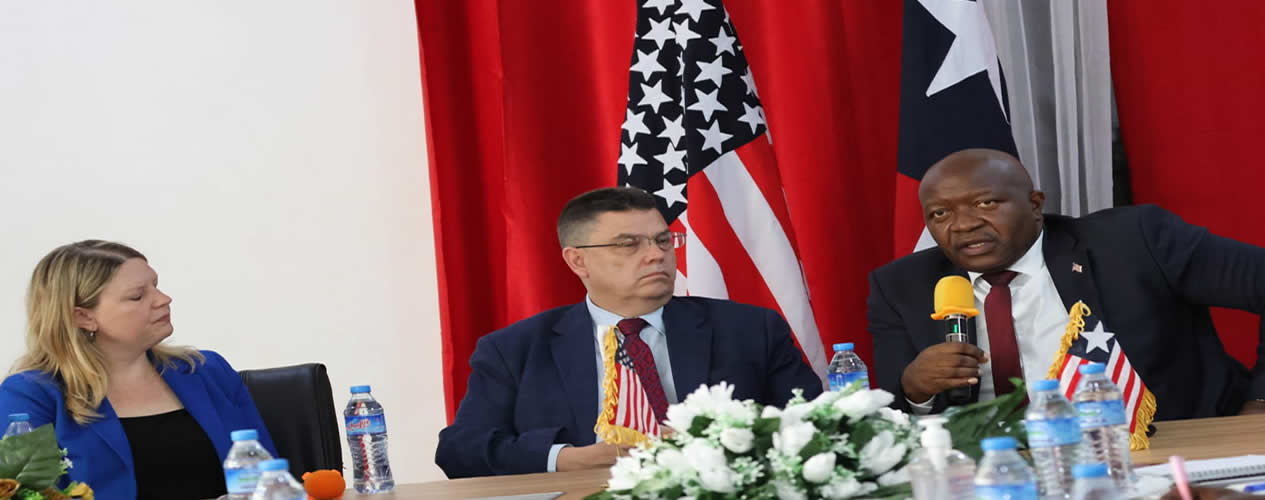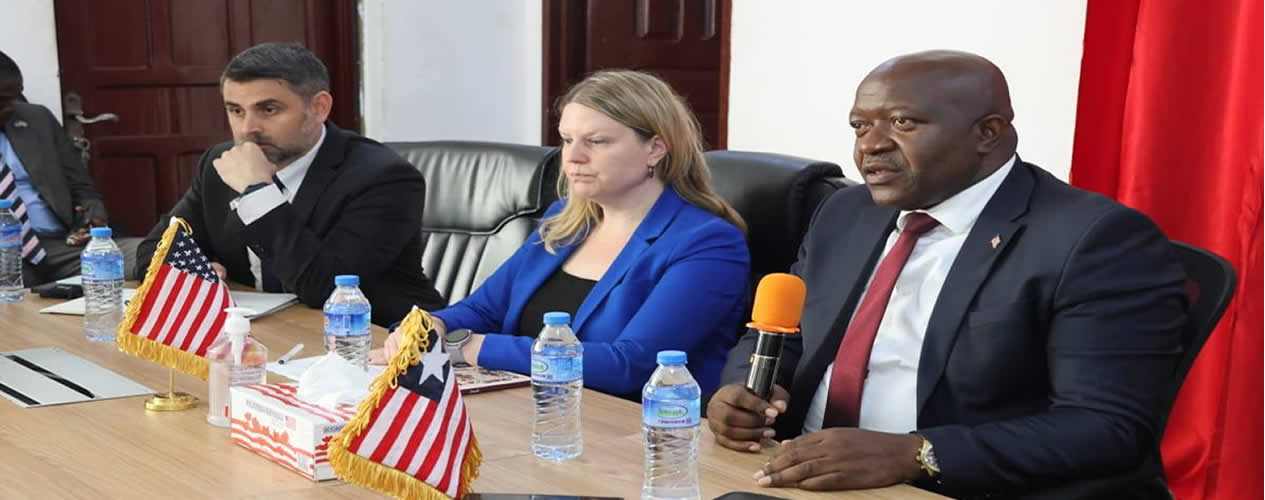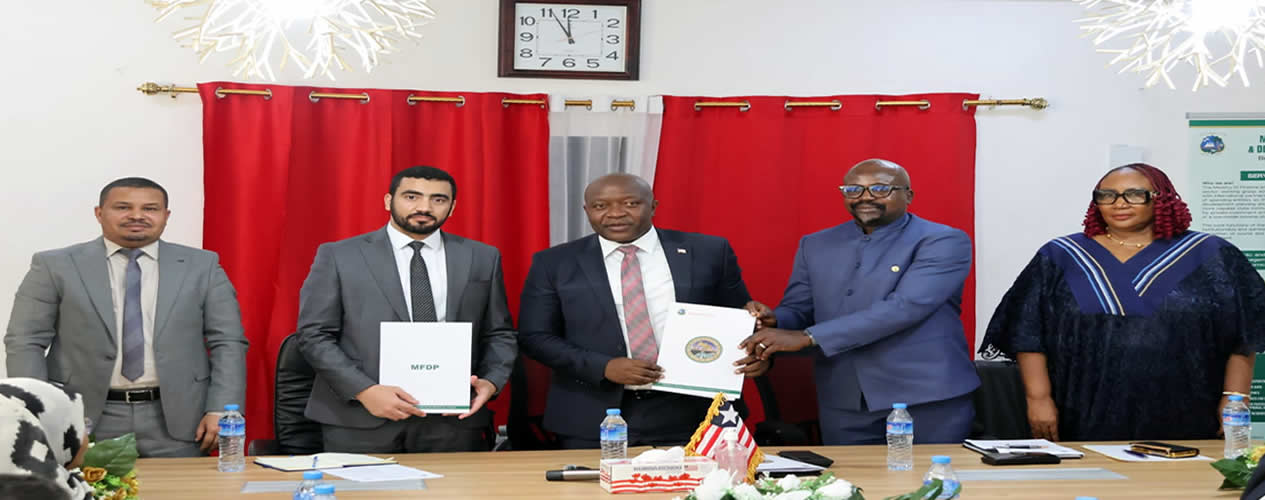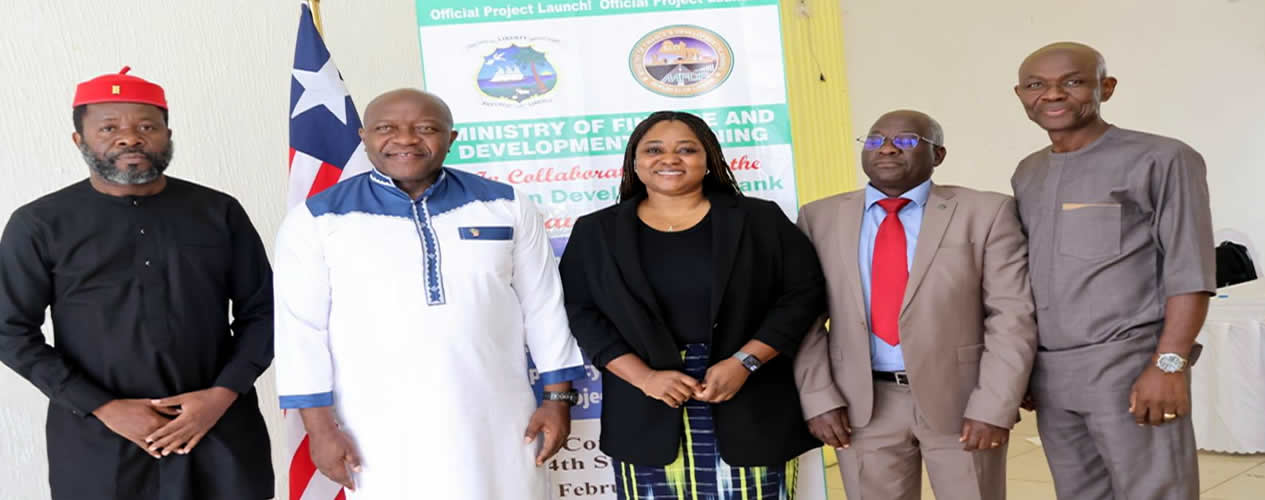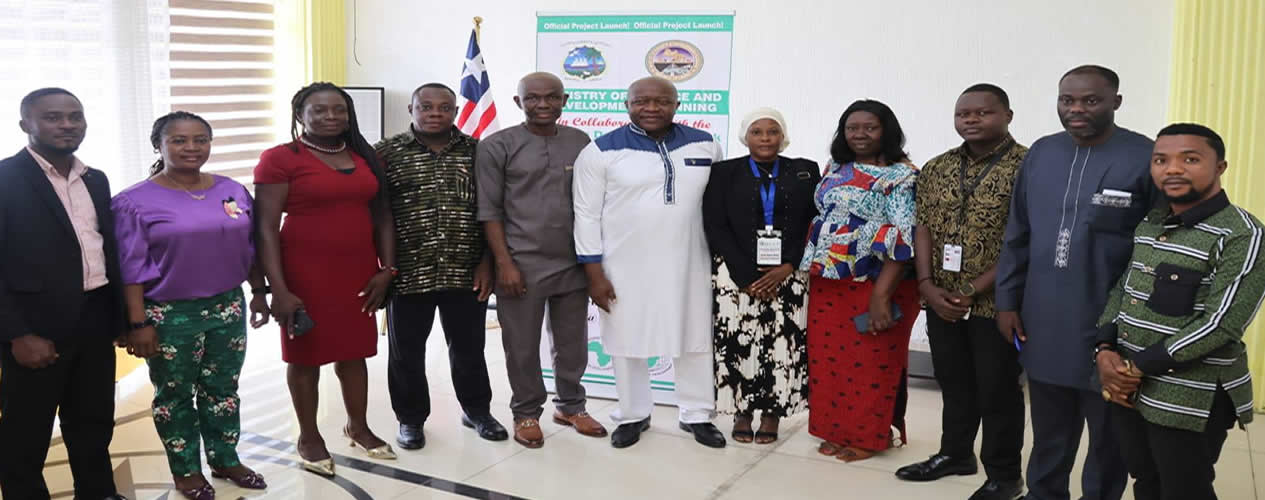The Delegation fielded meetings with the IMF, the World Bank, the International Finance Corporation (IFC) the African Development Bank, Kuwait Fund, the Arab Bank for Development in Africa (BADEA), the OPEC Fund for International Development (OFID), the Africa Export-Import Bank (Afreximbank) and Citi Bank.
At the Meetings, the World Bank Vice President for the Africa Region, Dr.Hafez Ghanem, reaffirmed the Bank’s commitment to supporting the Government’s Pro-Poor Agenda for Prosperity and Development (PAPD), particularly its priorities of the road and human capital development. Dr. Ghanem reiterated the Bank’s earlier commitment to availing US$150 million of new and uncommitted financing for road development and to work with other development partners to scale up concessional financing for the road to the tune of US$500 million while working with the private sector to crowd in an additional US$500 million.
The Delegation and the Bank agreed to jointly develop an implementation framework around three priorities: 1) Scaling up financing for road investment, with the Bank promising to support the Government in its engagement with the China Export-Import Bank; 2) Taking accelerated actions to transform Liberia’s human capital, with clear goals of significantly reducing under-five mortality, reducing child stunting and improving teacher and student outcomes. Based on deliberations, the Bank is fielding an early mission to discuss modalities around human capital development; and 3) Moving Liberia on an accelerated path toward a digital, cashless economy while working to improve the business climate, which has worsened in the past four years.
To support and deliver aims of local currency financing, the Vice President and Treasurer of the IFC, Mr. Jingdong Hua has agreed to visit Liberia in November to hold technical discussions with relevant stakeholders on fast-tracking the development of local currency financing modalities, which can both mobilize domestic savings for project financings while relieving exchange rate pressure on the Liberian dollar.
At a meeting with the African Director of the IMF, Mr. Abebe Aemro Selassie, Minister of Finance and Development Planning and the Governor of the Central Bank of Liberia assured the Fund that the Government remains committed to stabilizing the current macroeconomic situation facing the country and thanked the Fund for recent technical missions as well as for planned missions supporting reforms and programs in fiscal, monetary and public financial management.
Development partners from the Arab World-- Kuwait Fund, BADEA, and OFID– variously reaffirmed their support for the Government’s road development agenda. The Arab partners promised new financing to the tune of US$100 million in concessional borrowing as well as additional financing for feasibility studies of major road corridors.
The meeting with the African Development Bank underscored the Government’s funding priorities under the PAPD, with the Delegation requesting a critical role for the AfDB in scaling up resources for road and human development. In response, Vice President and Chief Economist of the AfDB, Dr. Celestin Monga,
Noted that the AfDB supports the aims and priorities of the PAPD, and will work with the Government to deliver these aspirations.
The Delegation also held fruitful discussions with the President of the Africa Export-Import Bank (AFREXIMBANK), Dr. Benedict Oramoh, who reiterated Afreximbank’s commitment to deliver new trade-enhancing and –related financings to Liberia in the range of US$100 -$200 million, in addition to financings the Afreximbank has already provided. While thanking Afreximbankfor its various support for Liberia’s development, the Minister of Finance and Development Planning assured President prof. Oramoh Liberia’s support for its Central Bank Deposit Program (CENDEP), which aims to redirect overseas reserve holdings of African countries for placement with the Afreximbank. The Delegation promised to have Liberia participate in the upcoming Inter-African Trade Fair (IATF) scheduled for December 2018 in Cairo, Egypt.
The Delegation met representatives from Citi Bank to explore possibilities of developing a credit rating framework for Liberia that would enable rating agencies to assign Liberia a specific rating. The consensus issuing from the meeting was that the country stands to benefit from any rating, whether good or bad since that sends an important transparency signal to the market. A follow-up mission from Citi is expected in the country to discuss the technical details and to broadly explore how Citi can support Liberia’s development.
At the final meeting of African Governors of the IMF and the World Bank, during which African finance ministers presented their joint recommendations to the Managing Director of the IMF and the President of the World Bank, Minister Tweah urged the IMF to pursue fiscal consolidation—the process by which countries reduce spending and limit or avoid the accumulation of new debt because of debt sustainability concerns—on a context-specific, case by case basis. The Minister enjoined upon the IMF the importance of tailoring its technical assistance more toward domestic resource mobilization while simultaneously working with countries to grow their respective private sectors. He noted that in countries, such as Liberia, where acquired debt has not translated into sustained private sector growth, fiscal consolidation should be viewed differently from contexts in countries where the debt stock is better supportive of private sector-led growth.
In remarks at the meeting with the President of the World Bank, the Minister focused on the need for the Bank and other Development Partners and Governments of Member Countries to work toward a more effective and efficient business delivery model, since the challenges to large infrastructure projects financed by concessional loans from multilateral institutions have implications for debt sustainability.
In response, Ms. Christine Lagarde, Manager Director of the IMF, agreed that the Fund needs to do more in reflecting the contexts and circumstances of different countries and noted that the Fund is reviewing its approach in this regard. Dr. Jim Yong Kim, President of the World Bank, observed that there are no easy answers in the efficient delivering projects, noting that good progress has been made in this area, but that more progress is even possible if Governments became more transparent in availing data, for example, teacher attendance records, that can better inform the delivery of projects and programs.
The Government is now working with respective partners to deliver the outcomes of the 2018 IMF-World Bank Annual Meetings.
Courtesy: MICAT

